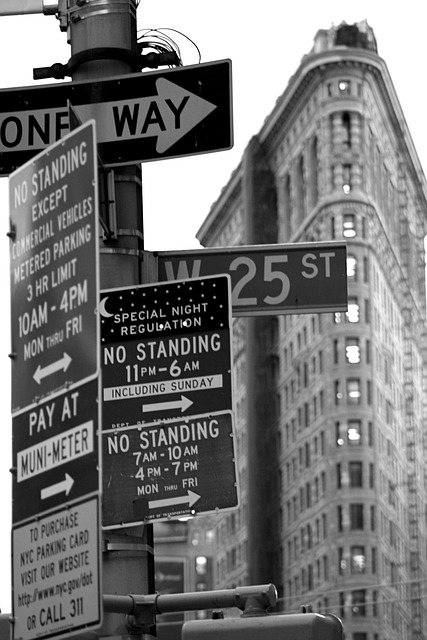New York's Fair Debt Collection Practices Act (FDCPA) protects consumers from abusive debt collection tactics by regulating third-party collectors' interactions with debtors. Debtors have rights to dispute inaccurate claims and validate debts, with consulting a lawyer for debt collector laws in New York offering vital guidance. Debt collector misconduct, including harassment or false statements, incurs severe penalties under state law. Legal action, led by such specialized lawyers, can pursue damages and injunctive relief, ensuring fair treatment and compensation for harmed consumers.
“Uncover the protections offered by New York’s stringent debt collection laws and understand the potential penalties for misconduct. This comprehensive guide explores what constitutes illegal practices, from aggressive harassment to false representations, with a focus on New York State regulations. Learn about the remedies available to consumers, including statutory damages and attorney fees. Additionally, discover how legal counsel can be an invaluable asset in navigating complex debt collection disputes, ensuring your rights are upheld according to the lawyer for debt collector laws in New York.”
Understanding New York's Debt Collection Laws
New York State has stringent laws in place to protect consumers from unfair or abusive practices by debt collectors. Understanding these laws is crucial for both debtors and creditors alike, as they outline the permitted methods of debt collection and establish severe penalties for misconduct. If you’re facing debt collection issues, consulting with a lawyer specializing in New York’s debt collector laws can provide valuable guidance and ensure your rights are protected.
These laws, part of the Fair Debt Collection Practices Act (FDCPA), govern how third-party collectors, often referred to as debt buyers or agencies, can interact with individuals regarding outstanding debts. They dictate the type of communication allowed, restrict aggressive collection tactics, and mandate transparent reporting. Debtors have the right to request validation of the debt and dispute inaccurate claims, all while being protected from harassment or false representations by the collectors.
What Constitutes Misconduct by Debt Collectors?
Debt collector misconduct can take many forms, and understanding what constitutes illegal or unethical behavior is crucial for both consumers and lawyers specializing in this field. In New York State, debt collectors are governed by various laws designed to protect consumers from aggressive or unfair practices. Misconduct may include using abusive, threatening, or harassing language when communicating with debtors; making false statements about the amount owed; contacting individuals at inappropriate times or places; failing to verify the debt before attempting collection; and refusing to provide validation of the debt upon request.
A lawyer for debt collector laws in New York can help navigate these complex regulations. If you believe you have been a victim of misconduct, seeking legal counsel is a vital step to understanding your rights and potential remedies. Consumers have the right to fair treatment during debt collection processes, and lawyers specializing in this area can guide individuals through their options, ensuring they receive the proper compensation or resolution for any harm caused by unlawful collector behavior.
Penalties and Remedies for Debt Collector Misconduct
In New York, debt collectors who engage in misconduct face severe penalties and remedies under state law. If a consumer feels they have been treated unfairly or illegally by a debt collector, they can take action against the collector and their employer through legal channels. A lawyer for debt collector laws in New York can help navigate this complex area.
Misconduct may include harassment, false representations about the debt, using threats or deception to collect payments, and failing to provide validation of the debt when requested. Consumers who experience such behavior have the right to file a complaint with the New York State Attorney General’s Office or seek legal counsel to pursue damages, including actual and punitive costs, attorney fees, and injunctive relief to stop future violations.
The Role of a Lawyer in Navigating Debt Collection Disputes in New York
In New York, a lawyer plays a pivotal role in navigating complex debt collection disputes. They are essential in ensuring that both debtors and creditors’ rights are protected under the state’s strict regulations governing debt collectors. A qualified lawyer for debt collector Laws New York can provide expert guidance on these intricate matters, helping clients understand their legal options and obligations.
With knowledge of the state’s consumer protection laws, a lawyer can advocate on behalf of individuals facing misconduct from debt collectors. They can mediate settlements, challenge unfair collection practices, and represent clients in court if necessary. Having legal counsel significantly enhances the chances of resolving disputes fairly and effectively, ultimately saving debtors time, money, and stress.






